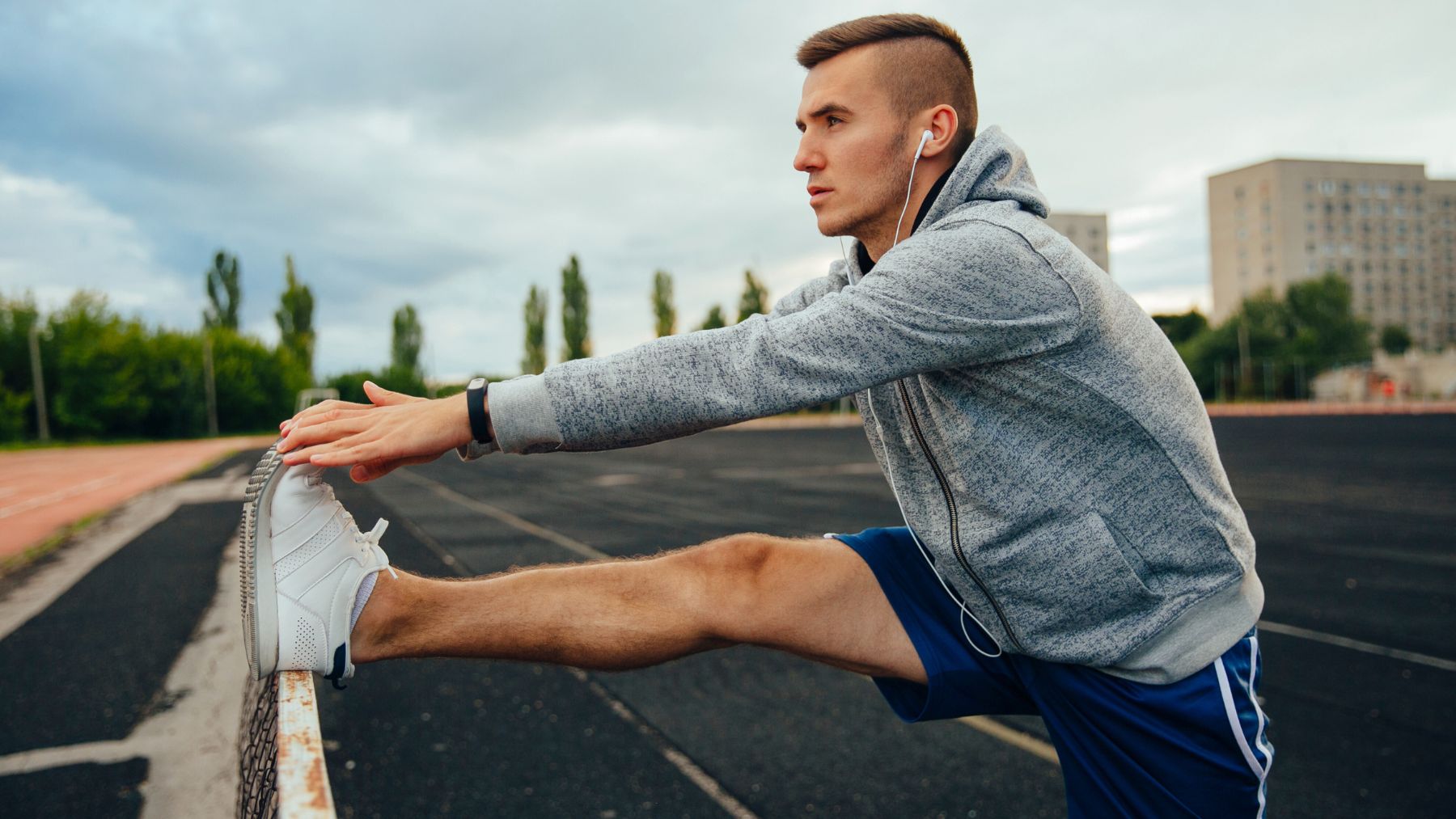New research shows that the intensity of training can shift the balance of bacteria in your digestive system, with effects that may influence recovery, energy, and even long-term health.
A study from Edith Cowan University, published in the Journal of the International Society of Sports Nutrition, examined how athletes’ gut microbiomes responded to high versus low training loads. The results point to clear differences in bacterial activity, short-chain fatty acids, and gut transit time depending on workout intensity, with diet playing an added role.
How exercise intensity affects the gut
Bronwen Charlesson, the PhD candidate who led the research, studied highly trained rowers to see how their gut microbiomes changed during periods of intense training compared to rest or reduced workloads. She found that athletes’ gut bacteria shifted in measurable ways depending on how hard they trained.
High-intensity exercise appeared to boost certain species that thrive on lactate, a byproduct of strenuous workouts that is transported from muscles to the gut. This metabolic link could help explain why athletes often have higher microbial diversity and more short-chain fatty acids than the general population. These fatty acids are important for energy metabolism, gut barrier function, and reducing inflammation.
When training intensity dropped, gut activity also slowed, with athletes experiencing longer bowel transit times. At the same time, their diet quality tended to shift. Many reported eating more processed foods, drinking more alcohol, and cutting back on fresh fruits and vegetables. These habits, common during lower training loads, were linked to measurable changes in the microbiome
Charlesson explained that the study reinforces earlier findings showing athletes have unique microbiome profiles. But here, the evidence highlights training load itself as a key factor. That means exercise intensity may directly reshape the gut ecosystem in ways that affect performance.
What this means for athletes and beyond
These findings suggest that both how hard you train and what you eat when training load changes can influence your gut. While more research is needed, the study points to several takeaways:
- Training load is relevant: High-intensity sessions appear to favor gut bacteria that use lactate, potentially supporting energy use and recovery.
- Diet consistency is key: During low training loads, athletes tended to eat more processed foods and drink more alcohol. These choices negatively influenced gut composition.
- Gut transit time changes: Rest periods slowed bowel movements, which also altered the microbiome.
- Performance links are emerging: Gut microbes may help regulate pH balance and lactate metabolism, both critical for endurance and recovery.
These factors suggest that athletic performance is related not just to training and rest but also to maintaining gut health through consistent dietary quality and awareness of how the body responds to different intensities.
For athletes and professionals, but also for all of us, the research might point to the fact that exercise shapes more than your physique. The microbiome responds to training load, and those changes ripple into metabolism, digestion, and performance outcomes. Paying attention to both workout intensity and nutrition could help keep the gut—and the rest of the body—in better balance.
